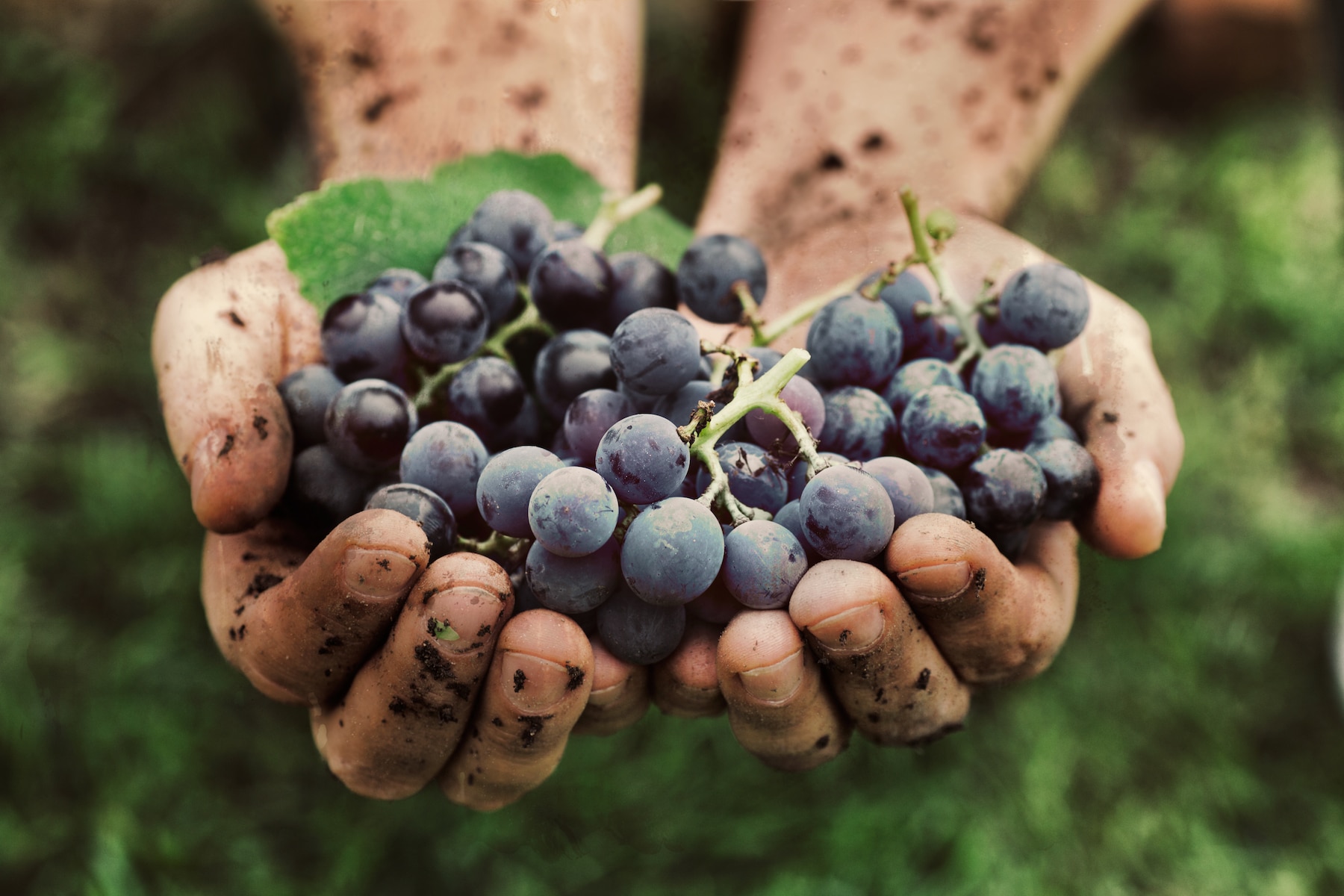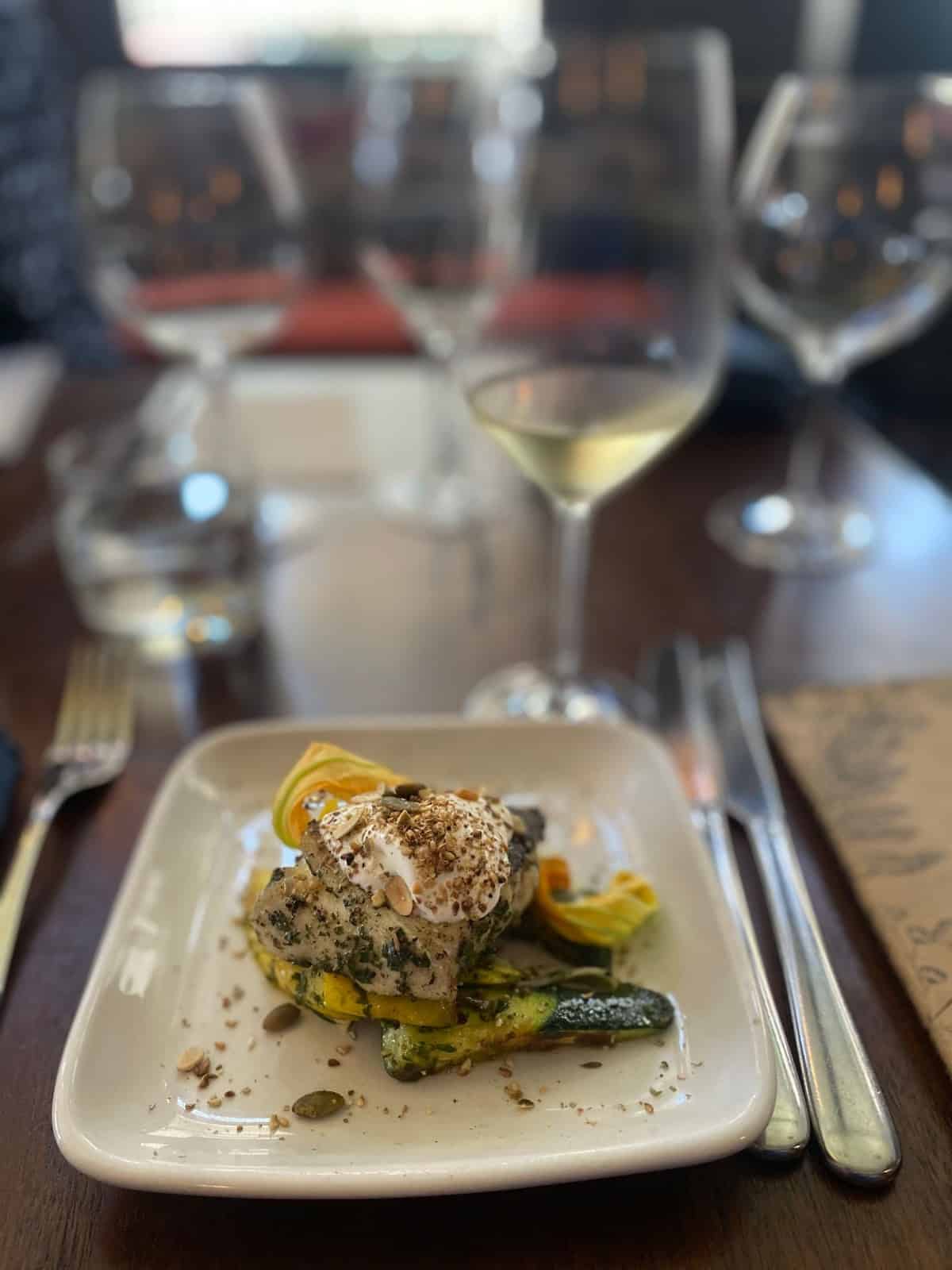Wineries With A Focus On Syrah - Sonoma Area Winery For Tasting
Wine tasting is often thought to be an art form, one which goes beyond merely having fun with a beverage. It embraces a posh interaction of flavors, aromas, and textures that requires dedicated practice to actually master. Many who venture into the world of wine tasting rapidly understand that it entails far more than simply sipping wine. Improving sensory skills by way of dedicated winery wine tasting can elevate the experience, reworking an off-the-cuff drinking occasion into a complicated exploration of the senses.
At a basic degree, wine tasting engages the senses of sight, smell, taste, contact, and even sound. Each part plays a vital role in appreciating the nuances of a wine. When one first pours a glass of wine, the wealthy hues can provide preliminary insights into its age and varietal. Observing the color and readability helps form expectations about the wine's flavor profile. Many don’t totally appreciate how this visible assessment can set the stage for what's to comply with.
The subsequent step is to have interaction the sense of smell. Swirling the glass aerates the wine, allowing its risky compounds to flee and fill the air with its bouquet. The nostril entails some fascinating layers—different aromas can sign varied features of the winemaking process, including the sort of grapes used, fermentation methods, and aging circumstances. Growing a eager sense of scent can be a game-changer in wine tasting.
Beautiful Picnic Areas At Sonoma Wineries - Sebastopol Vineyard Visits
To enhance this sensory skill, wine enthusiasts are sometimes inspired to participate in devoted tastings at wineries. These tastings permit people to focus solely on the sensory experience (Wineries With A Focus On Syrah). Tasting sessions led by educated sommeliers or winemakers can supply insights into figuring out distinct aromas. Learning to distinguish between floral, fruity, earthy, and spicy notes can empower a taster to articulate their experience with higher precision.
As one practices their sensory talents, they may uncover that their taste preferences evolve. This transformation typically happens after multiple tastings. A wine that originally seemed overwhelming would possibly reveal hidden layers of complexity with a bit of experience. Understanding tips on how to isolate individual flavors such as acidity, sweetness, bitterness, and umami contributes considerably to the overall wine experience.
One Other essential factor in improving sensory skills is the context by which wine is tasted. Environmental elements like temperature, lighting, and even the company present can influence perceptions. At a winery, an optimal setting can reduce distractions and allow a more profound exploration of the wine (Wineries Near Sonoma Square). Training aware tasting techniques encourages a extra immersive experience, allowing tasters to hone in on their senses.
It isn't solely about individual perception, though. Participating with others during a tasting can even enhance sensory skills. Sharing notes and discussing impressions fosters a deeper understanding of the wine. This collaborative method encourages participants to articulate their sensory experiences, thereby broadening their linguistic repertoire related to wine tasting.
Wineries Hosting Seasonal Events - Luxury Wine Tasting In Sonoma County
Moreover, pairing wine with food can considerably enhance the tasting experience. Different combos can deliver out unique flavors in both the wine and the dish. As one tastes a wine alongside explicit foods, they can begin to recognize how sure parts in the wine complement or contrast with what they're consuming. This skill of pairing is another layer that enriches sensory improvement.
Training one’s palate can involve a wide selection of exercises. Some enthusiasts have interaction in systematic tasting experiences, sampling a range of wines that showcase totally different varietals, regions, or vintages. Exploring this range can sharpen the power to discern nuances across completely different wine profiles. Over time, this practice builds a mental library of flavors that may be accessed throughout future tastings.
Notably, written notes serve a twin purpose: organizing one’s ideas and reinforcing memory. By writing down observations about every wine, tasters can track their progress over time. Detailing the traits of wines assists in solidifying knowledge, in the end deepening one’s appreciation of what they consume.
Moreover, attending workshops or classes focused on sensory analysis may also be helpful. Many wineries supply these academic packages to assist people refine their skills. Often, educated instructors guide members via structured tastings, specializing in specific parts of the wine. This level of schooling reinforces the sensory skills asynchronously and challenges tasters to consider their experiences from totally different angles.
Wineries That Offer Barrel Tastings - Exploring The Vineyards Of Sonoma
Over time, the commitment to bettering sensory skills by way of devoted winery wine tasting can yield vital rewards. The enjoyment derived from wine turns into layered and multifaceted. No longer limited to a simple choice for "red" or "white," tasters begin to appreciate my latest blog post the stories behind every pour. They domesticate a palette able to navigating the advanced panorama of flavors with confidence.
In conclusion, the journey of enhancing sensory skills via dedicated winery wine tasting is as rewarding as it is enjoyable. It requires focus, commitment, and a willingness to be taught, however the outcomes far exceed the preliminary effort. By participating a quantity of senses and collaborating in thoughtful discussions, individuals not only turn into more proficient at figuring out flavors but in addition develop a deeper appreciation for the craftsmanship behind each bottle. The process transforms wine from a mere beverage into a wealthy tapestry of sensory exploration that beckons enthusiasts to delve deeper. As skills enhance, so too does the enjoyment, enriching life experiences one sip at a time.
Wineries With Outdoor Seating - Sonoma Wine Country Wineries To Explore
- Participating the palate through diverse wine varieties enhances the power to differentiate flavors and aromas, refining total sensory notion.
- Participating in guided tastings promotes focused attention on delicate traits of every wine, nurturing critical tasting skills.
- Learning to identify specific grape varieties fosters a deeper understanding of terroir, which aids in recognizing regional flavor profiles.
- Incorporating food pairings during tastings can heighten sensory awareness, as totally different tastes can influence one another and alter perceptions.
- Training the art of swirling and nosing wines permits people to attach olfactory cues with style, enhancing the power to articulate sensory experiences.
- Attending workshops that emphasize blind tastings trains members to rely purely on their senses somewhat than preconceived notions, enhancing objectivity.
- Elevating sensory skills can result in higher wine choice talents, empowering individuals to make informed choices based mostly on personal preferences.
- Partaking with knowledgeable sommeliers offers insights into wine-making processes, which deepens sensory appreciation and enhances vocabulary for describing wines.
- Common participation in tastings encourages reminiscence improvement of flavors and aromas, aiding in the formation of a customized sensory profile over time.
- Sharing tasting experiences with peers fosters discussion, promoting communal studying that may improve individual sensory skills via collaboration.undefinedWhat is the purpose of improving sensory skills through wine tasting?

Improving sensory skills through wine tasting allows people to enhance their capacity to determine and appreciate the varied aromas, flavors, and textures of wine. This heightened sensory awareness can result in a deeper understanding of wine and an overall enriched tasting experience.
Wineries In Dry Creek Valley - Sonoma Wine Country Wineries To Explore
How can I develop my sensory skills at a winery?
You can develop your sensory skills at a winery by taking part in guided tasting periods that focus on specific varietals. Interact with knowledgeable staff who can present insights and encourage you to take notes in your impressions, enhancing each your observational and descriptive skills.
What should I anticipate during a devoted wine tasting experience?
Family-Oriented Wine Tasting Venues In Sebastopol - Sonoma Vineyards For A Perfect Day Out
During a dedicated wine tasting experience, expect to sample a selection of wines while receiving targeted education about each one. You'll learn about the winemaking process, tasting techniques, and the way to discern different sensory characteristics, all in a relaxed environment.

Is prior information of wine essential to learn from a sensory skills workshop?
- Wineries Providing Guided Vineyard Walks
No prior knowledge of wine is important; the workshops are designed for all ranges of experience. Beginners will discover priceless information to build from, whereas seasoned tasters can refine their skills and broaden pop over to this web-site their palate even further.
How do sensory skills influence my general wine appreciation?
Wineries With Live Music Events Occasionally - Exploring The Vineyards Of Sonoma
Bettering sensory skills significantly enhances your total wine appreciation by permitting you to identify subtleties and complexities in wines. This deeper understanding enriches your tasting experience and helps you make knowledgeable selections primarily based on personal preferences.
Are there specific techniques I ought to use while tasting wine to enhance my sensory skills?
Historical Wineries To Visit In Sonoma - A Guide To Sonoma Wineries
Sure, using techniques such as the "SWOT" method (Sight, Swirl, Smell, Sip, Savor) may be helpful. Pay consideration to the wine's look, aromatics, and mouthfeel, and take your time with each sip to fully discover the flavors and sensations.
What kind of wines are sometimes included in sensory skills tastings?
Typically, sensory skills tastings embody a selection of wines that showcase totally different regions, varietals, and styles. This range helps participants establish distinct characteristics and enhances their ability to distinguish between wines.
Can sensory skills workshops be personalized to my tasting interests?
Wineries With Beautiful Architecture - Sonoma Wine Tastings
Many wineries supply personalized options for sensory skills workshops, allowing you to concentrate on specific forms of wines or themes that curiosity you, corresponding to organic wines or distinctive regional offerings. It's best to inquire instantly with the winery for tailor-made experiences.
Is there a method to practice sensory skills after leaving the winery?
Yes, you possibly can practice your sensory skills at home by tasting different wines and preserving a tasting journal. Experimenting with varied food pairings and aromatics can additional enhance your understanding of how flavors interact, reinforcing the abilities gained on the winery.